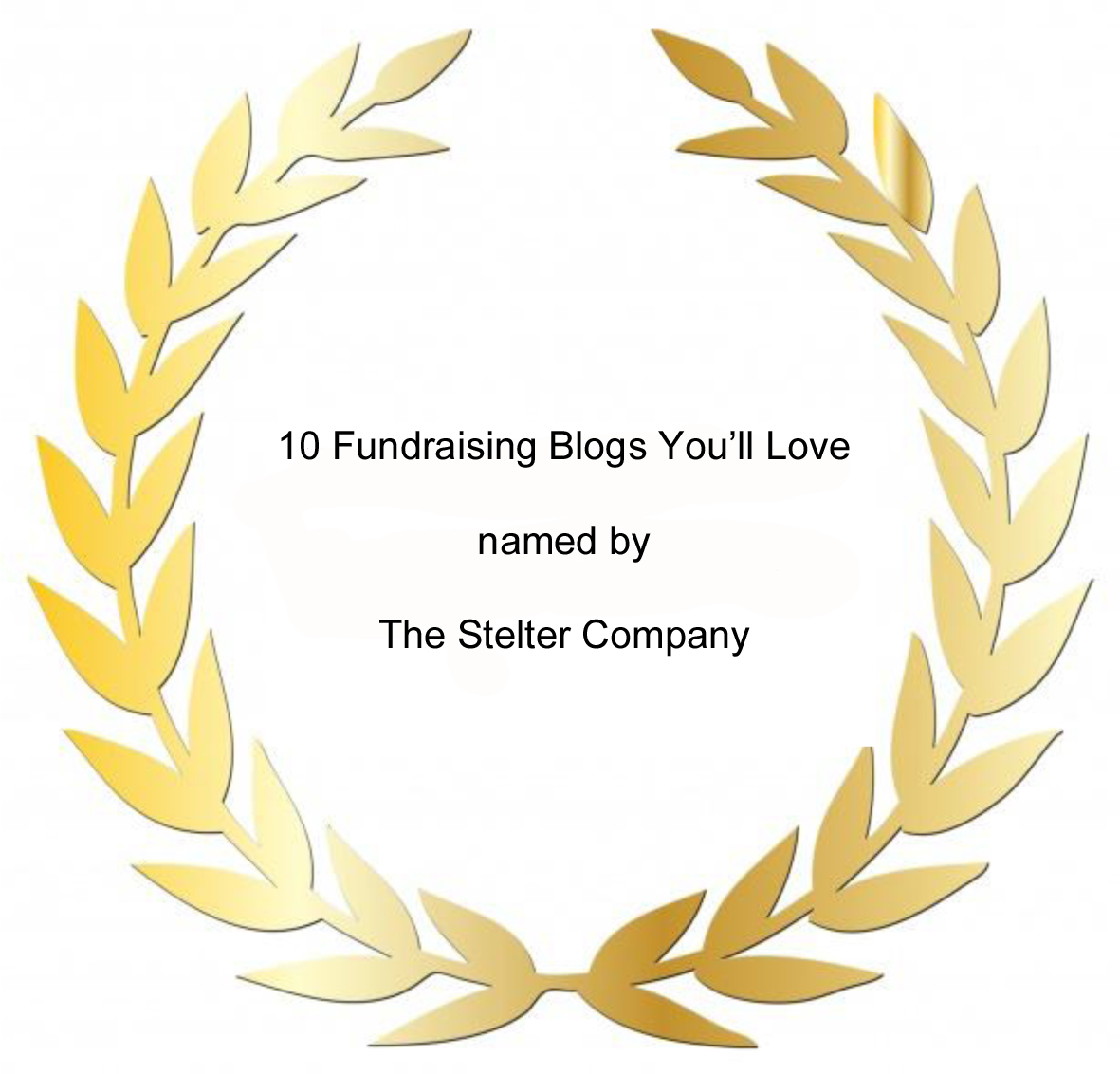Recently, pollster Frank Luntz, Founder of Luntz Global, said, “Grow up and show up.”
While the phrase has been used in a political context, it certainly applies to the philanthropic world as well.
Luntz was speaking about the nearly 70 (at the time) members of Congress who have decided to boycott the Presidential Inauguration of Donald Trump on January 20, 2017. He suggested that by failing to show up, these members of Congress are breaking with tradition, exacerbating an already divisive atmosphere, and failing to represent the portion of their constituencies who voted for Trump.
Luntz is not the first to use the line “Grow up and show up.” While I don’t know the origin of the phrase, I do know that liberals have used it as well. For example, a number of liberals used the phrase to encourage people to go to the polls and vote for Hillary Clinton.
I find it interesting that both sides of the political spectrum have embraced “Grow up and show up.” Ah, common ground! So, what does this mean for fundraising professionals?:
1. Sometimes, we need to work with people (e.g., staff, board members, prospects, donors, etc.) we don’t particularly like or agree with. To me, grow up means we need to have the maturity and professionalism to separate our personal selves from our professional selves. We need to do what is best for our organizations and the entire nonprofit sector.
2. We need to take action. To me, show up means it’s not enough to feel one way or the other; it’s not enough to pay lip-service to an issue or cause; it’s not enough to sign a petition; it’s not enough to participate in a protest. We need to back up our words with substantive action.
Let me share a personal example with you:
Years ago, the CARE Act was under consideration by Congress. The Act bundled a variety of charitable giving incentives including the IRA Charitable Rollover. At the time, I served as a Board Member, and eventually Chair of the Board, of the Association of Fundraising Professionals Political Action Committee.
The lead sponsor of the CARE Act was Sen. Rick Santorum (R-PA), He didn’t just lend his name to the Act or pay lip-service to it. He passionately believed in helping the nonprofit sector and, therefore, he actively worked for passage of the bill and partnered with Sen. Joe Lieberman (D-CT) as lead sponsors.
At the time, Santorum was not popular among a large group of AFP members. As a conservative, he was anti-abortion and anti-gay marriage. I was contacted by a number of angry AFP members who did not want the AFP PAC to contribute Santorum’s re-election campaign and who did not want me working with him for passage of the CARE Act.
Despite the objections of some AFP members, the AFP PAC contributed to the Santorum campaign. The AFP PAC also contributed to Lieberman’s campaign although some AFP members objected to that as well. The AFP PAC exists to promote philanthropy, period. In the Senate, Santorum was the most supportive of the nonprofit sector. The contribution was appropriate.
I also continued to work closely with Santorum on advocacy efforts to secure passage of the CARE Act. It was the right thing to do for the nonprofit sector.
While the original CARE Act never passed, a number of its key provisions were adopted, most notably the IRA Charitable Rollover.
Grow up and show up. I did both when choosing to work with Santorum on behalf of the charity sector. However, I had personal issues with Santorum. I did not agree with his positions on a number of important social issues not related to philanthropy and the nonprofit sector. When approached by the Santorum campaign to donate personally, I declined. On Election Day, I voted for Santorum’s opponent.
My point here is that we sometimes need to work with people we don’t like or with whom we disagree if we’re going to get what we want.
If you voted for Hillary Clinton, are you never going to approach a conservative donor prospect for your organization? If you voted for Donald Trump, are you never going to approach a liberal donor prospect for your organization?
To do the right thing for our organizations and the nonprofit sector, we need to grow up and show up to engage people with whom we might not always agree. We need to find common ground to get the job done. It won’t always be easy, but it’s the right thing to do.
The documentary film Out in the Silence (2009) does an excellent job of illustrating my point. In the movie, a former resident of Oil City, Pennsylvania places an announcement in the local newspaper about his gay marriage, illegal in the state at that time. That action resulted in a number of events. As the film unfolds, the filmmaker meets an influential, anti-gay minister in Oil City.
Instead of protesting the minister’s church, instead of screaming at the minister, instead of ignoring the minister, the filmmaker engages him in a friendly way. I won’t spoil the ending beyond telling you that it is a simply amazing example of what can happen when we grow up and show up. I hope you’ll watch the 65-minute film:
What do you think?
That’s what Michael Rosen says… What do you say?









